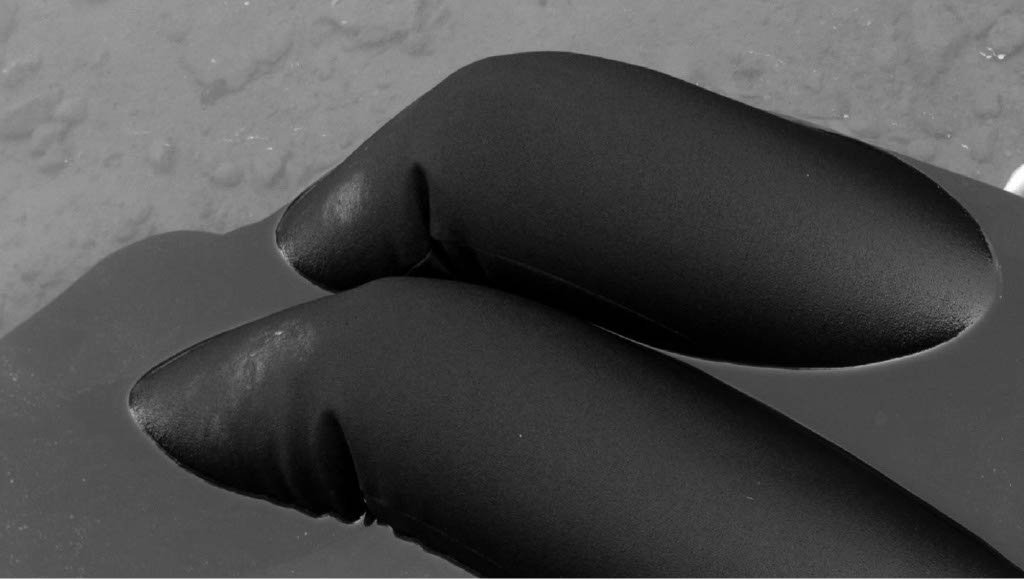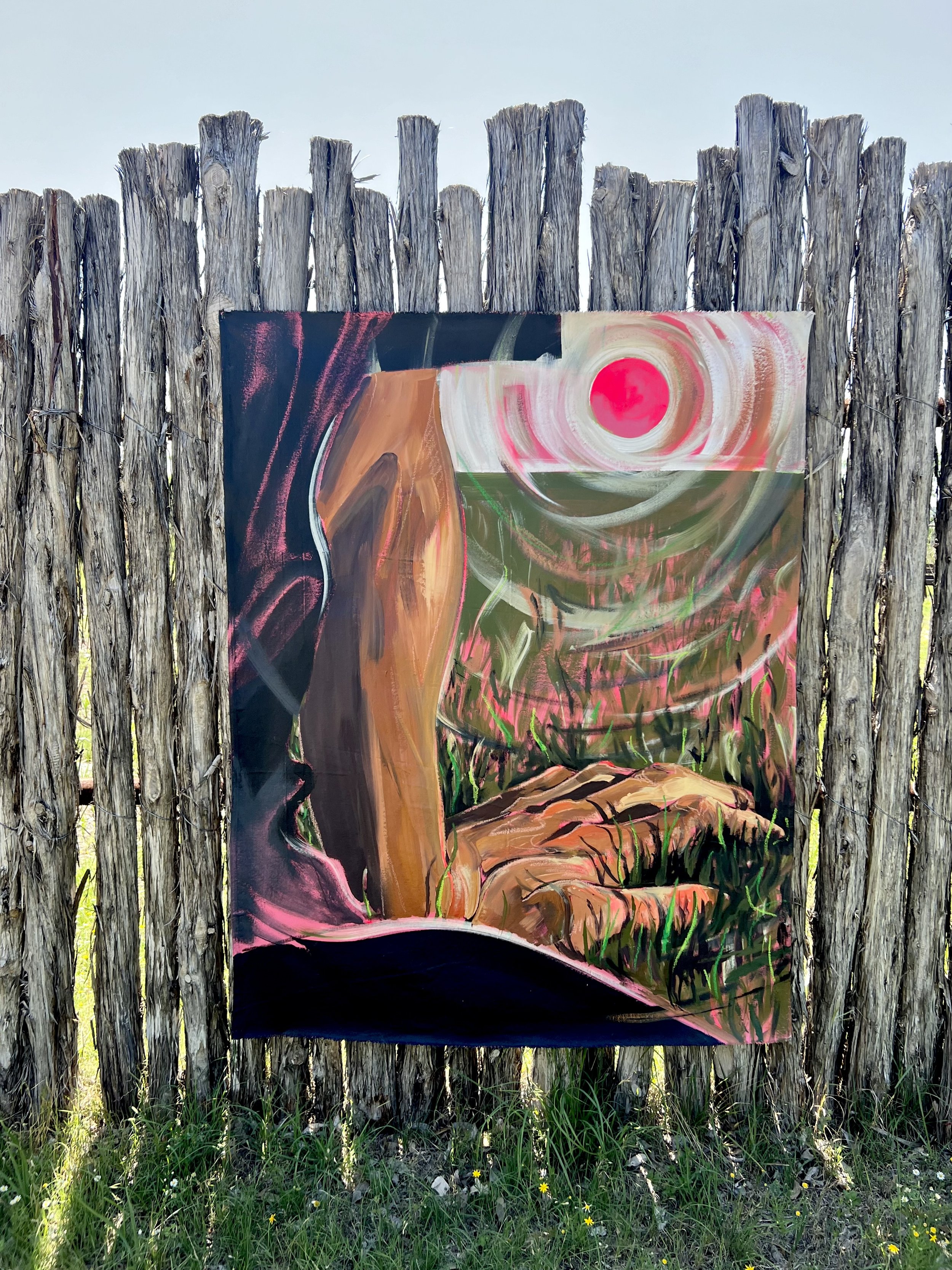Cover art by Zak Wilson, “Calling Home”
Masthead
Editors-in-Chief
Leon Barros
Natalee Cruz
Managing Editor
F.M. Papaz
Editorial Directors
Stephanie Berger
Jackie Braje
Tova Greene
Editors
Lisette Boer
Ayling Zulema Dominguez
Dylan Gilbert
Ananda Naima González
Haden Riles
Editor’s Note
Dear Readers,
Water courses through this issue; it drips and pools, ripples and thrashes. Here, water takes on endless shapes: it is family and legacy, peace and violence. At points we find ourselves in want of it—water is missing, withheld, or too thin to hold on to. It’s not difficult to lose oneself to this tide, what Danielle Garcia Tubo calls, “the spinning typhoon of history.” Our own present, so unsteady like water or sand.
So where, in the uncertainty of our lives, do we find our center? Where do we find these moments of calm? How do we not lose our sense of being, of belonging? These are the waters we find our contributors navigating.
As we came together to reflect on this issue, the quiet winter light warmed through the window pane, while the coffee sat perfectly between bitter and sweet. Even just for a moment, our contributors carved out a calm and stillness in our day, not as escape, but as anchor. Too often these days we find the ground shifting beneath our feet. And it is terrifying. In this issue, we find our contributors reaching out a hand to hold on to.
Throughout Leah Reusch’s work, touch ripples through the flesh, becoming the red hot center around which body, time and history reverberates. For Ari Herrera, the bog is the center of queer possibility, fecund and forward-looking. In Zak Wilson’s “Adrift,” a person floats solo as the water ripples around them, as the desert stretches around them. Exploring his familial ties to Egypt, Wilson sifts through the anxieties of being and identity in a place “you are both drawn to, and isolated from.”
Our contributors show us that a center is not found, but made. It is bodily and warm, it is one’s unmistakable voice that requires you claim it. As Quique offers, “The body can be drank from wherever since ever has nothing to do with it.”
Warmly,
Natalee Cruz
Leon Barros
Editors-in-Chief
HOW TO HELP
Darling readers,
In their Editor’s Note, Editors-in-Chief Leon Barros and Natalee Cruz write, “Our contributors show us that a center is not found, but made.” As we tread the uncertain waters of life—rippling, thrashing, sometimes still—it is through collaboration and care that we find our anchor. This issue, shaped by the creative tides of our contributors and the brilliance of our editorial team, stands as a testament to that act of creation.
We are profoundly grateful to our incredible editorial team. To our newcomers—Dylan Gilbert, Ananda Naima Gonzaléz, Ayling Zulema Dominguez, and Haden Riles—thank you for jumping in headfirst, navigating this issue with thoughtfulness and courage. To our veterans, Managing Editor F.M. Papaz and Lisette Boer, your steady hands and warm hearts continue to guide us, our very own lighthouse in a literary storm.
Together, you’ve helped carve out a space that feels like calm amidst the chaos, not as an escape but as a hand extended—a place to belong, to hold fast, and to find center. For that, we are endlessly thankful.
As we drift into the close of the year, we hope this issue brings you peace and possibility, like water pooling gently in your hands.
Happy holidays, and here’s to a new year of creating, connecting, and centering ourselves in poetry.
With all our love,
Tova, Jackie, and Stephanie
Editorial Directors






































